When this year’s new Kairos students attend their first intensive learning seminar in a few weeks, they will be given an outline of the Kairos Project curriculum. That outline is significantly different than the outline that was given to last year’s new students, and last year’s outline was different than the first year’s outline. In short, while the degree programs and structure have stayed the same, the curricular outlines have shifted.
This ongoing enhancement and adaptation is the result of a philosophy of Agile Program Development. I wrote two pretty lengthy blog posts about this philosophy back in 2012 (Part 1 and Part 2). The basic principle is that rather than taking significant amounts of time to get every last detail of a course or program nailed down before enrolling a single student, it is best to get something that is at least viable in front of people so that they can experience it and provide immediate feedback. In the lean startup world this is called a minimum viable product. The idea is that by launching something “customers” (or in our case students and churches) can interact with, schools can create better programs and/or services.
Over the past two years, we have learned that this philosophy works quite well when put into practice. Each year the Kairos Project has become better and each intensive learning seminar is better than the last because we integrate feedback in an ongoing fashion. In fact, sometimes the learning seminars themselves are enhanced during the week by soliciting, interpreting, and implementing student feedback.
Agile Program Development is a method by which schools can develop programs that meet a need and are responsive to student and market realities. This philosophy embraces the idea that we, as theological educators, are not the keepers of pedagogical truth. That is to say that we don’t have all of the answers when it comes to developing models of theological education. Students, it turns out, are often able to articulate needs in ways that we would never imagine (which is not surprising). Agile Program Development enables us to adapt learning experiences in a highly responsive and collaborative way. It also takes away the burden of redeveloping entire degree programs.
By looking at individual modules, specific curricular elements, or discrete components of the structure, Agile Program Development helps us tackle big problems in small increments. We can make small adjustments to specific components, get immediate feedback, and make improvements based on that feedback – feedback coming directly from those engaged in the process.
Of course, this philosophy carries some difficulties as well. At times, it can make staff and faculty feel like the ground is always moving. At other times, it can feel like we’re not sure how to answer a question because the correct answer today might not be the correct answer nine months from now. Fortunately, Sioux Falls Seminary has a group of faculty, staff, and therapists who are living into that reality and discerning a new way forward when it comes to the completion of daily tasks and planning for the future. The success of the Kairos Project, however, has shown us that Agile Program Development, when supported by a faculty that cares deeply about assessing student learning and serving students well, can work – and work well.
Note: This is a repost of an article I created for Sioux Falls Seminary, which can be found here.








